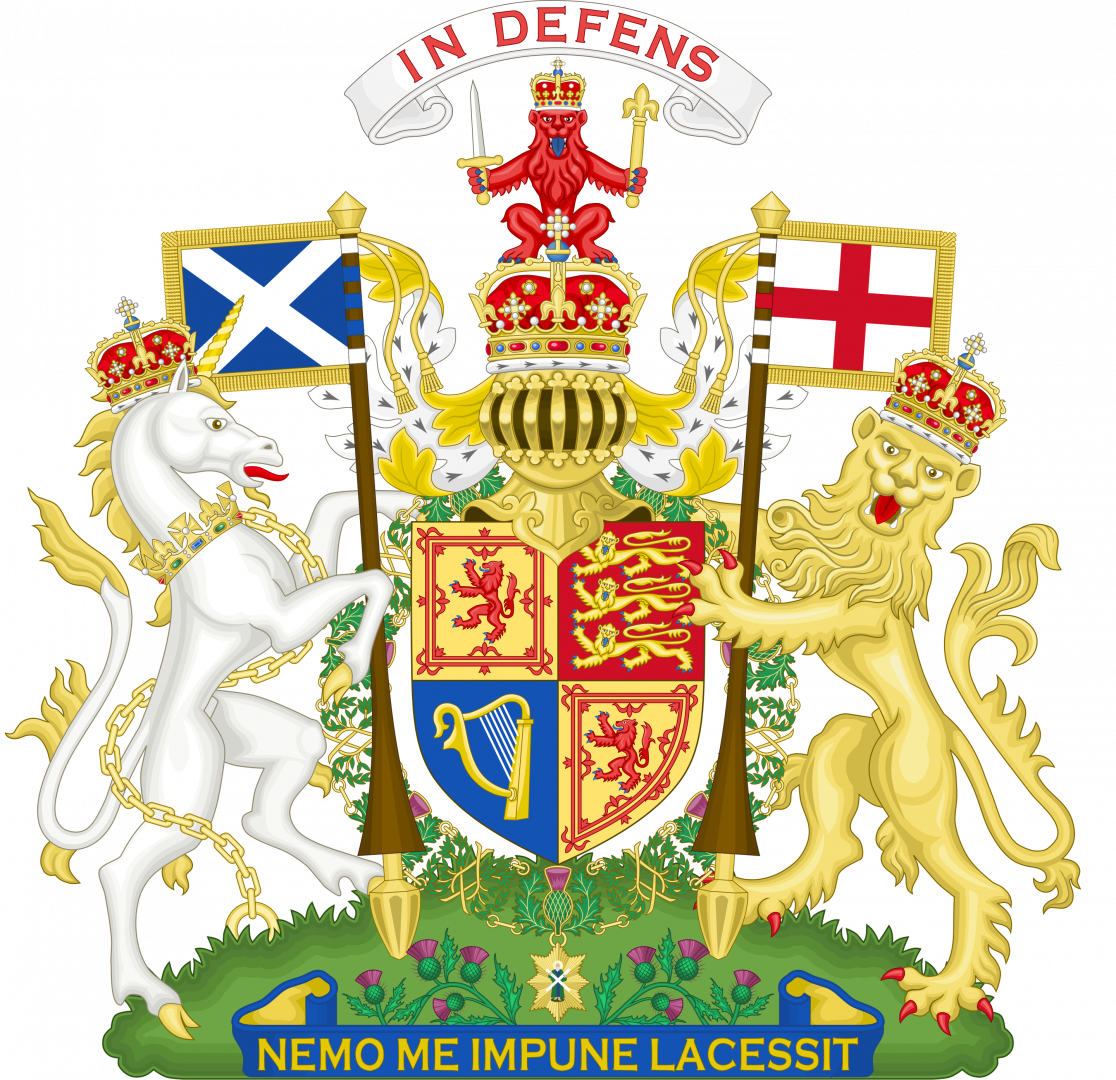Many Years ago when I lived in Scotland I was proud to have been a part of this exceptional panel.It helps many children in all circumstances to get help and support.

A children’s hearing is part of the legal and welfare systems in Scotland; it aims to combine justice and welfare for children and young people. As of 31 March 2020, 8,875 of Scotland’s children were subject to a compulsory supervision order.
A children’s hearing is carried out by three specially trained lay tribunal members of the children’s panel, a children’s reporter, child and legal guardian and a representative of the local social work department. The children’s reporter takes no part in the decision making process of a children’s hearing. A change to the role was introduced in September 2009 and the reporter is able to make representations if the panel is at risk of making a decision which is not, in the reporter’s view, competent or procedurally correct. The reporter is responsible for the administration of the Hearing and also represents the decisions of hearings in a court setting when grounds of referral (now known as the statement of grounds) are disputed or the child or relevant person is unable to understand and comment on the statement of grounds (for example, due to the child’s age).
As of 24 June 2013, Children’s Hearings Scotland took over the running of thirty two local authority panels to have one national children’s panel for Scotland with approximately 2,700 volunteers supported by 22 area support teams.
Procedure
Selecting cases for hearings
Children referred to hearings are first referred to the Scottish Children’s Reporter Administration. Uniquely in Scotland, referrals may be made on offence grounds and/or care and protection grounds. The children’s reporter investigates the case (usually via information provided by the social work department) and will decide whether or not compulsory measures of supervision may be required. If, in the reporter’s opinion, such measures are required, a Hearing will be arranged. The Reporter may take other steps short of arranging a hearing, for example arrange for some form of restorative justice.
In 2019/20, 28.3% of referrals received (6,263) were for children and young people subject to a Compulsory Supervision Order at the point of referral. In the same year, 27% of children and young people referred had a Reporter decision to arrange a Hearing.
Any child generally under the age of 16, or under the age of 18 but still subject to a compulsory supervision order (CSO), who offends is referred to a hearing unless the area procurator fiscal decides that the seriousness of the case merits prosecution in either a sheriff court or the High Court of Justiciary.
People involved with hearings
Duty to attend
Panel Members
Right and Duty to attend
This group of people, unless excused by the panel, must attend every hearing to contribute to the proceedings of the hearing.
Child
Relevant Person (Relevant person is a person who is either the birth parent, unless these rights and responsibilities have been removed by a court; an individual with parental rights and responsibilities that has been appointed by a court order; or, an individual who has been deemed by a Children’s Hearing where they have (or has recently had) a significant involvement in the upbringing of the child)
Right to attend
Child Representative
Relevant Person Representative
Principal Reporter (or as delegated to a Children’s Reporter, Trainee Reporter or Assistant Reporter)
Safeguarder.
Member of the Administrative Justice and Tribunals Council or the Scottish Committee of that Council (acting in that person’s capacity as such)
Member of an Area Support Team (acting in that person’s capacity as such)
Representative of a newspaper or news agency
Escort supporting Child / Relevant Person (for example a constable, prison officer, or other person)[4]
Other persons
Finally are the group of people where attendance is not compulsory, however would assist the proceedings by giving information to the panel and aid discussion. The chairing person, however, has a responsibility to keep attendees down to a minimum. Other persons may include:
Social workers
Teachers
Health Visitors.
Some people maybe excluded from the hearing if it would be in the benefit of the child/young person. If relevant persons, their representatives and/or (if necessary) the press are excluded, the “substance” of the discussion which took place needs to be discussed on their return.
Hearings
For the hearing itself, a child may automatically be entitled to legal assistance when specific circumstances apply. These are when:
an application is made to the Sheriff for variation or recall of a child protection order
a children’s hearing is to be held on the second working day after a child protection order has been granted
a children’s hearing, or pre-hearing panel, considers that it may be necessary to make a compulsory supervision order including a secure accommodation authorisation
a hearing is arranged after the child is detained in custody by the police.
In other circumstances, the child and/or relevant persons can apply for legal assistance via the Scottish Legal Aid Board (SLAB). Children’s Legal Representatives are members of special panels maintained by SLAB, with all costs met by the Scottish Government. The hearing may also appoint an independent person known as a Safeguarder whose purpose is to prepare a report to assist the hearing in reaching a decision; the Safeguarder must act in the best interests of the child, which indeed is the basis of all decisions made by children’s hearings. Each Children’s Hearing must consider whether the child’s immediate safety is assured. If this is not the case panel members have the power to issue an Interim Compulsory Supervision Order (when the child does not already subject to a Compulsory Supervision Order) or Interim Variation of a Compulsory Supervision Order (when the child already has a Compulsory Supervision Order but there is not enough information to make a substantive decision). This interim measure empowers the social work department to the move the child to “a place of safety” (e.g. Children’s Residential Home, Foster Care, the care of relatives). Panel members also have the powers to issue a warrant when necessary to enforce the attendance of a child who has failed to attend his/her hearing.
Discover more from WILLIAMS WRITINGS
Subscribe to get the latest posts sent to your email.



That’s great to know. With British legacy we too have child welfare dept in Gov
fabulous Raj, they need to be protected..